Have you ever wondered if it was possible to invest in real estate with no money? Or, do you know how to become a property investor with little to no money at all?
Generally, the first thing that comes to most peoples' minds when talking about real estate investing is "money" - that is “one needs money to start investing”. The fact of the matter is, there are real estate strategies in existence that require little to no money to kick start your real estate portfolio.
Yes, you really can invest in real estate with no money. But if you don’t have any money, you will have to find some other way to contribute resources – time, skills, relationships, or sweat equity.
There are a million ways to structure a real estate deal, and if you can’t bring money to the deal, then what can you bring?
A Real Estate Investing Mindset
Before we delve into the strategies for investing in real estate, even when you have no money at all, it's imperative that the reader understands the importance of having a property investor's mindset.
One of the key fundamentals in this situation is passion. If you're not passionate about what you want to do, chances are you will fail; or, you will not find satisfaction in what you do.
The antidote is found in your enthusiasm, even if you aren't getting paid for it. And this applies to just about anything. It doesn't mean you worship the pursuit of happiness, rather be overwhelmed by a healthy passion at the core of your goal or mission.
Become A Real Estate Investor With No Money
There are three types of real estate investing strategies that require little to no money at all, to trigger your journey towards real estate success. They are:
-
Real Estate wholesaling;
-
Lease Options; and,
-
Seller Financing
Shall we?
1. Real Estate Wholesaling
This investment strategy is the cornerstone of this article, hence; being at the top of the mentions here. To all intents and purposes, real estate wholesaling doesn't require any money , to begin with; other than yourself and your intelligence.
In short, all that's needed is for the real estate wholesaler to first contract a seller, followed by reassigning the contract to a buyer, usually another investor. And these deals can amount to several thousands, for the most part.
In essence, this topic appeals to a significant number of real estate educators before you make any attempts, but for informational purposes, the concept is broadly outlined here, just to show those who are interested what lies ahead in this venture.
How Does A Real Estate Wholesale Deal Work
This strategy begins with finding properties that are either classed as distressed, or below-market value, however this isn't always the case. Once the wholesale investor locates this property, the next step is to locate the owner.
The idea here is to discuss a price that the owner will happily oblige. To achieve this, once the owner has been located, there are several key numbers that you will rely on, in order to accurately come up with a good estimate.
Your task then is to calculate the ARV, the cost of repairs and maintenance, holding costs, closing costs, the buyer's profit, as well as your profit.
In hindsight, after the estimation of the number, the investor will use what is known as the 70% rule in order to determine whether the deal is workable or not.
If the outcome is positive, the investor will move forward with an offer and negotiate the estimated purchase price with the seller. If the seller likes the idea, a purchase agreement will be sought for signing.
The next step then is to find a targeted buyer, which is obviously another investor - in this regard - who is in the market for below market properties, whereby they're prepared to purchase, renovate, and retail the property at an ARV.
Once such a buyer is found, the investor will move on with price negotiations, and close at a title/escrow company.
The wholesale investor's profit for his/her part equates to the difference between what was paid to the seller, and what the buyer will give. This is also known as an assignment fee; thus, you've made money by investing with no money down payment.
2. Real Estate Lease Options
Lease options are actually alternatives that involve leasing a home to someone under legal oath to purchase the property within a set time period, usually between two and three years, tops. This strategy is sometimes known as rent-to-own homes.
How does a Lease Option Work
This strategy embodies creative endeavors and is heavily dependent upon the situation at hand. Regardless of the numerous ways to put this strategy into play. One way this is feasible is when the investor contacts a motivated seller. This particular seller will be one that's either in distress, facing a foreclosure, or is on default with his/her mortgage payments.
Be that as it may, the investor is bound to make a reasonable fair price offer on the property in question, provided the terms and conditions of the deal are positive. This will either be found in the price or the term, where the chances of the investor making money are imminent.
In addition, the investor will allow the homeowner to choose one of the two, rather than both.
Say the homeowner is motivated and is in great need to sell it, but can't. What the investor can do is offer a lease option to allow the homeowner to sell "in time" within a three year period.
Put differently, the investor will decide on a lease option on the house from the seller, and negotiate a price as well as figure out terms to factor in the agreement (down payment, monthly payments, etc).
Once you have the signed lease agreement, you can make a lease option on the property to a potential buyer.
The investor, in this case, earns his/her money based on the difference between what he/she is going to pay for the property, plus what they sell and the difference in the monthly payments.
3. Real Estate Seller Finance
Among these three strategies, this one’s the easiest. However, it’s only the down payment that may require you to execute some cash.
Seller finance refers to a loan offered by a seller of a property or commercial enterprise to a purchaser, in spite of the fact that legal ownerships are vulnerable to changes in payment to the seller.
Seller finance narrates that the seller must actually own a home outright, without any qualifying mortgage on the property.
The benefit that comes with this strategy is it prevents an investor from requesting a bank loan. Better yet, the strategy enables those with poor credit ratings, or are without money, to invest.
If the investor negotiates with the seller, provided they meet the requirements of the term or pricing, the seller will be more than happy to oblige with what's being offered. For example, they may not require a down payment if you increase the sale price, offer more on the monthly payment or have a higher interest rate.
Sellers with their own homes will find it economical in getting paid periodically, than earning a one off large payment from a sale. By and large, these sellers will potentially get a lot out of this deal, when they assume the role of the bank, and resort to charging interests.
This is one area where effective negotiations skills become handy, especially when the investor - by all accounts - is trying to strike out a good deal with the seller finance.
We hope you liked this article. Please subscribe to our newsletter for more useful content and soak up as much as you can, while we work hard in the shadows to bring you more practical information about real estate.
Disclaimer:
This article is meant for informational purposes only and is not intended to be construed as financial, or investment advice. Hausples encourages you to reach out for professional help regarding your own real estate situation.

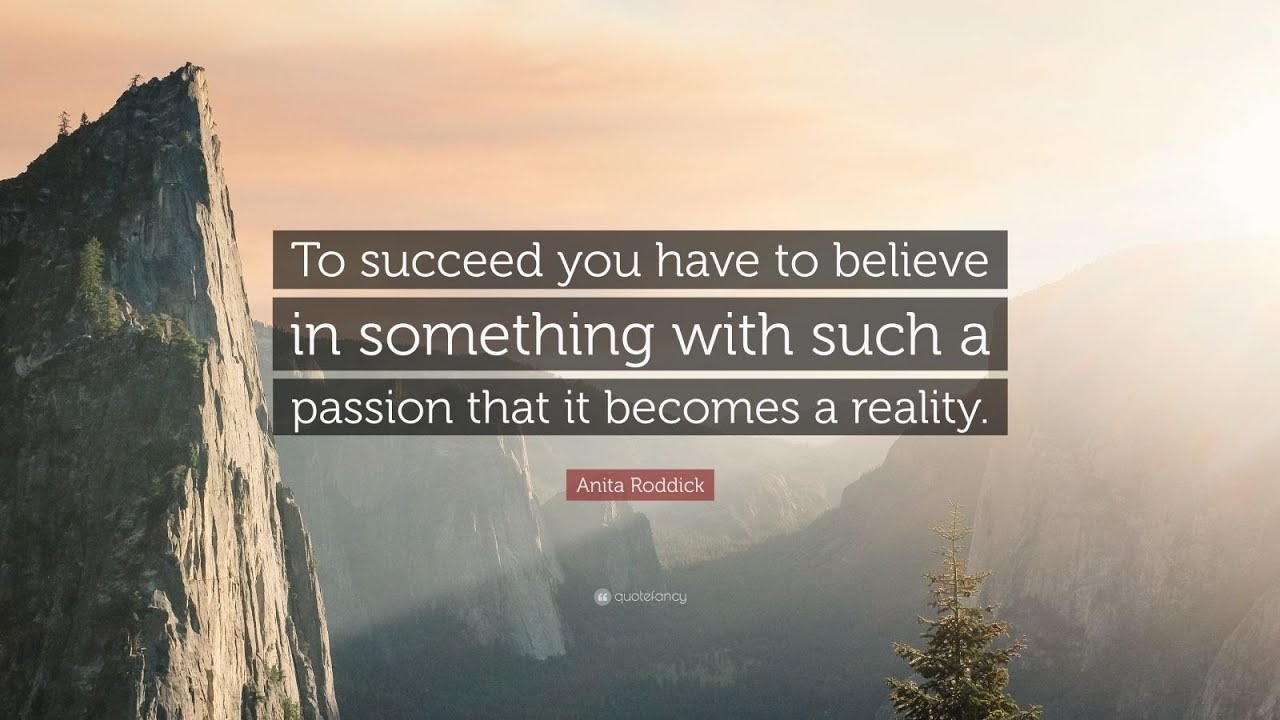
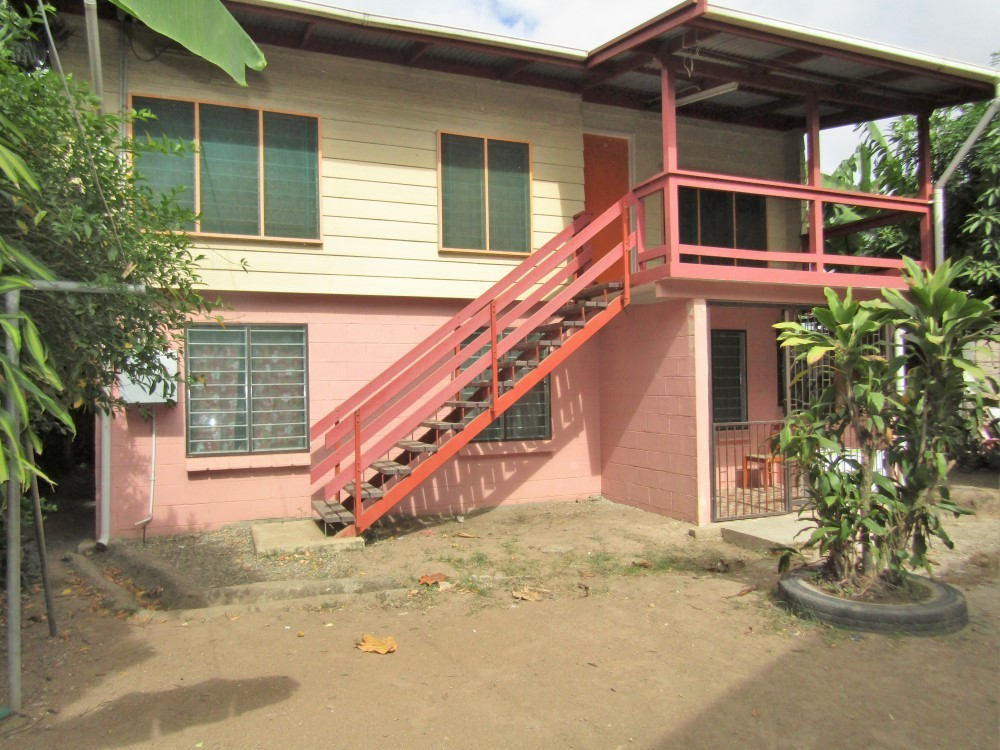
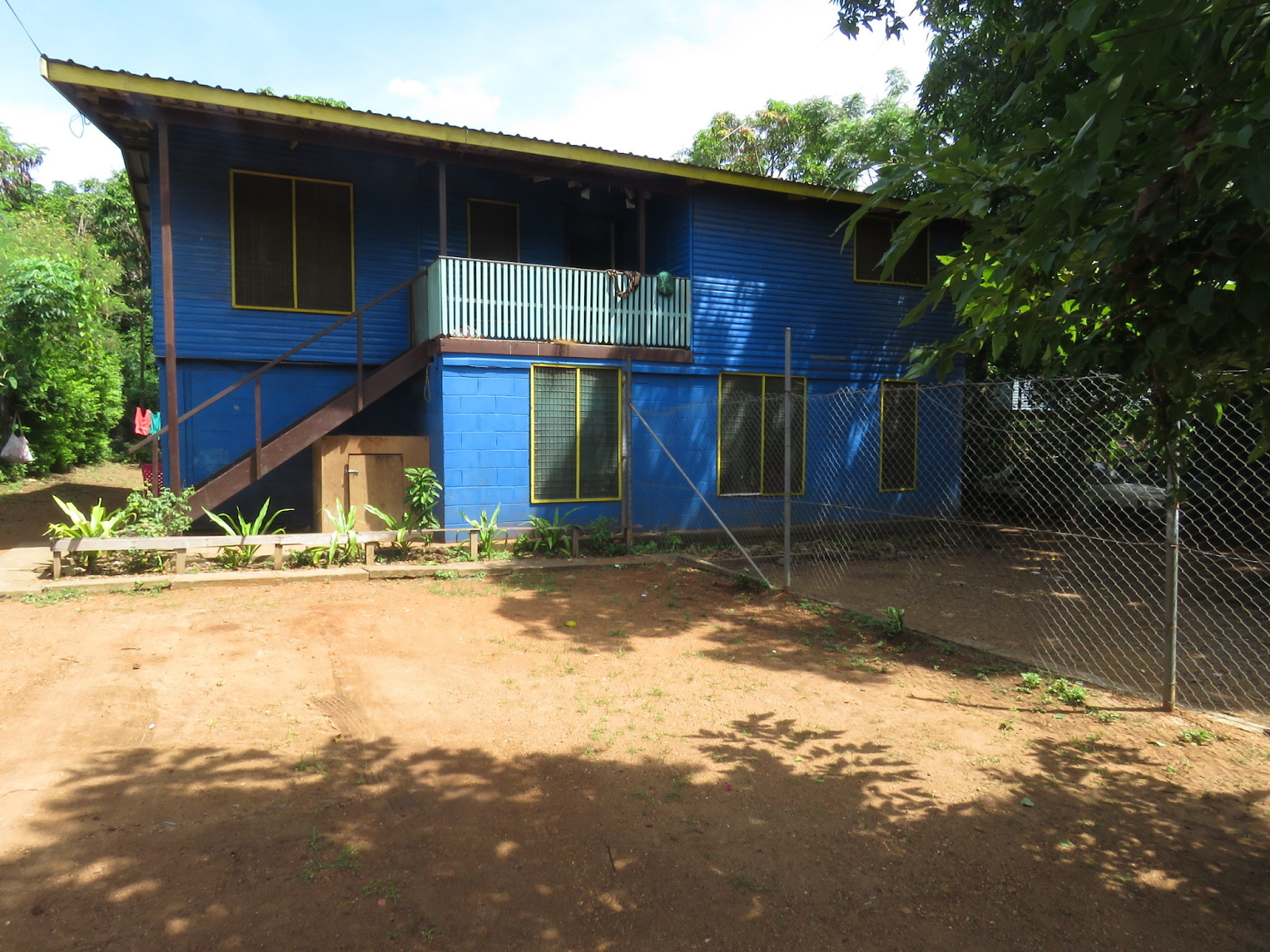
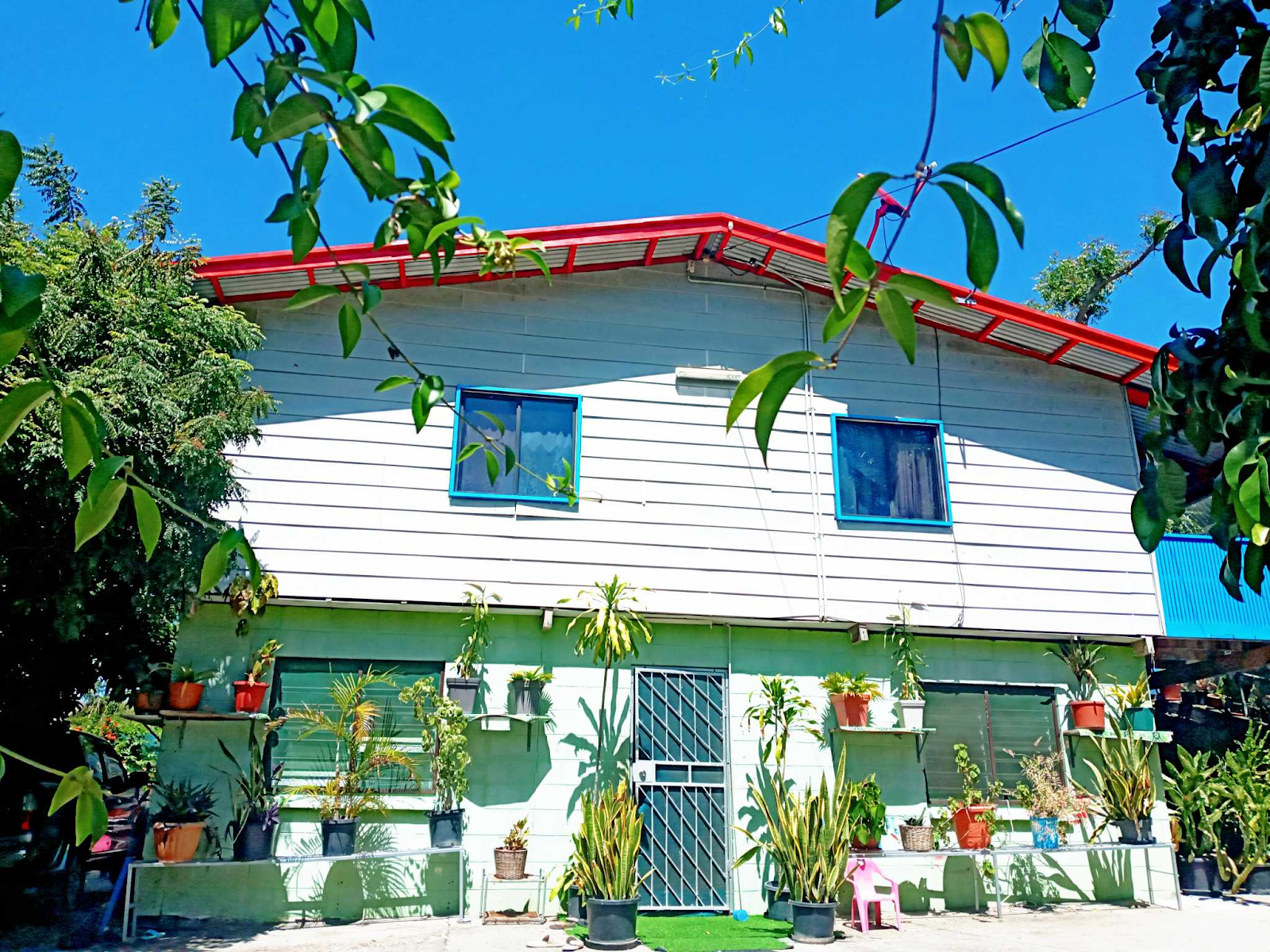
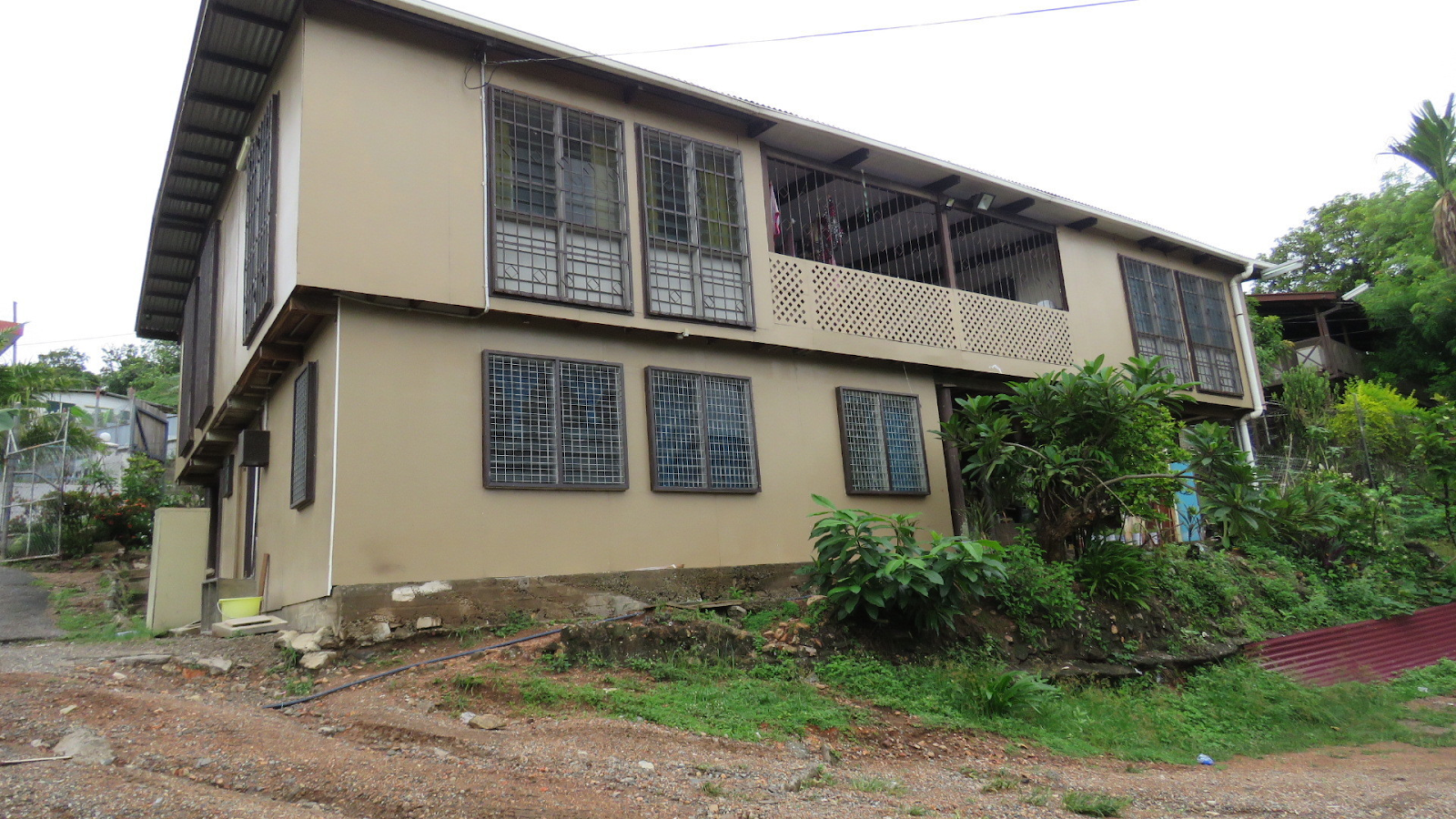
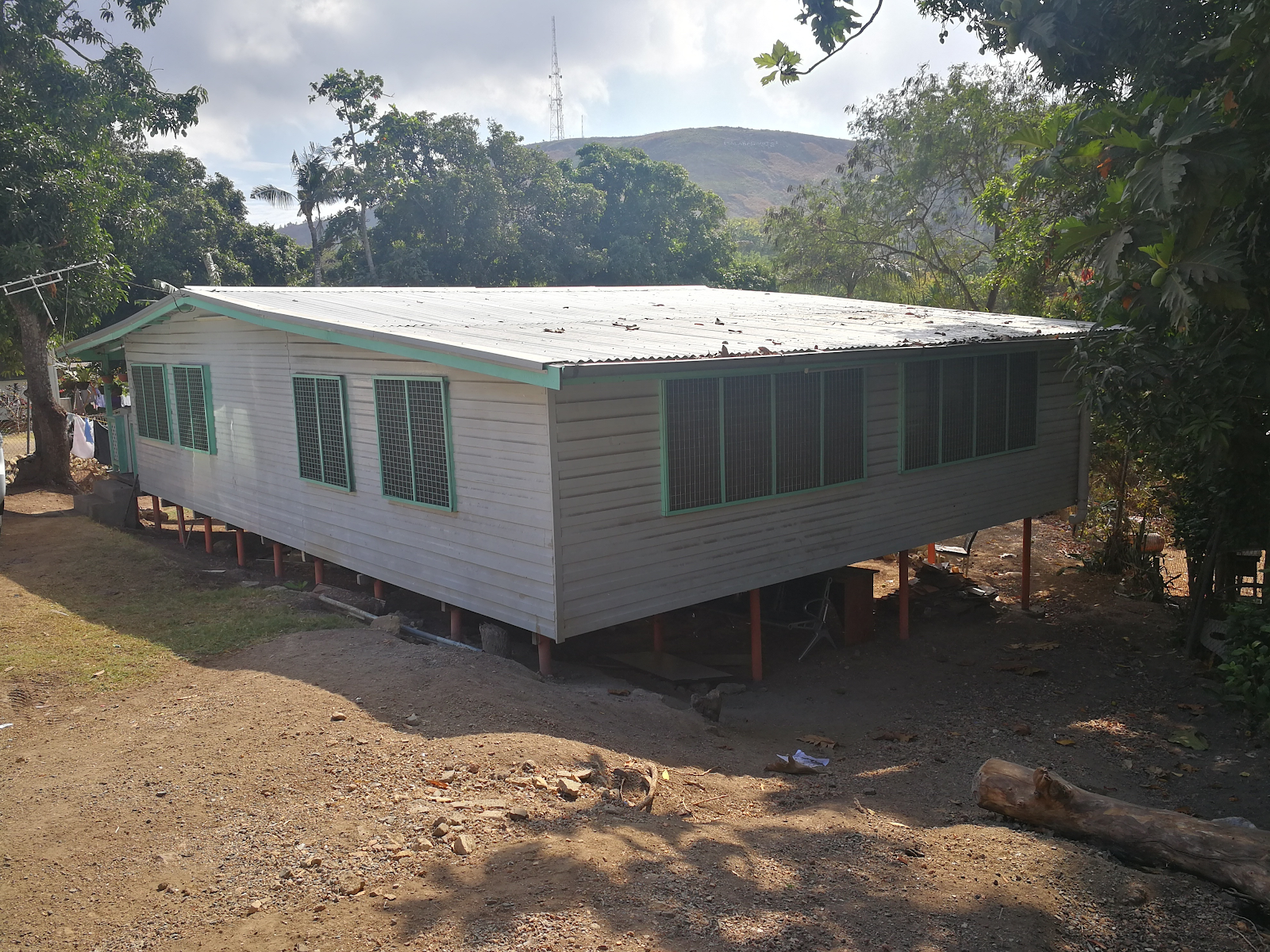
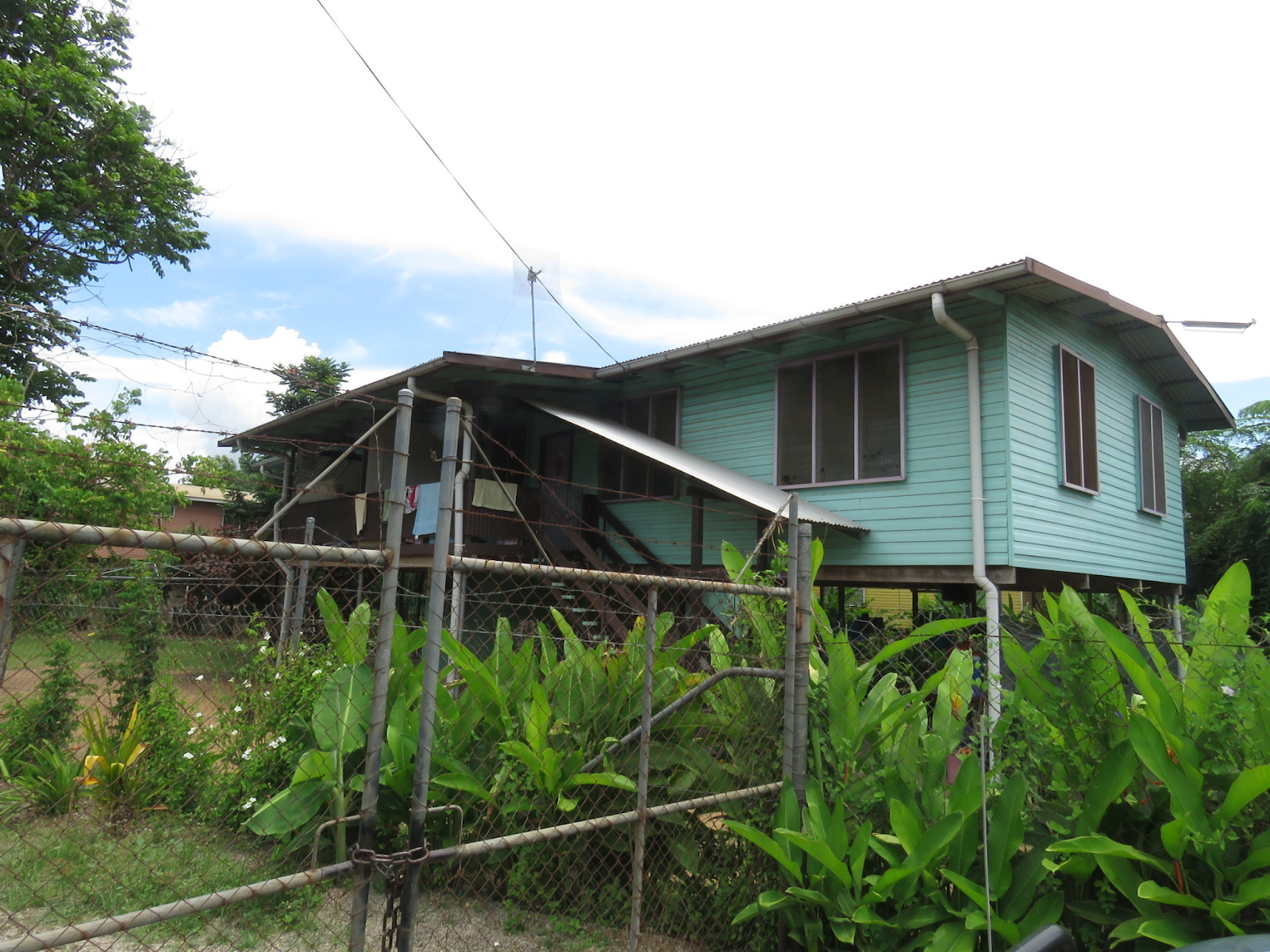



Comments